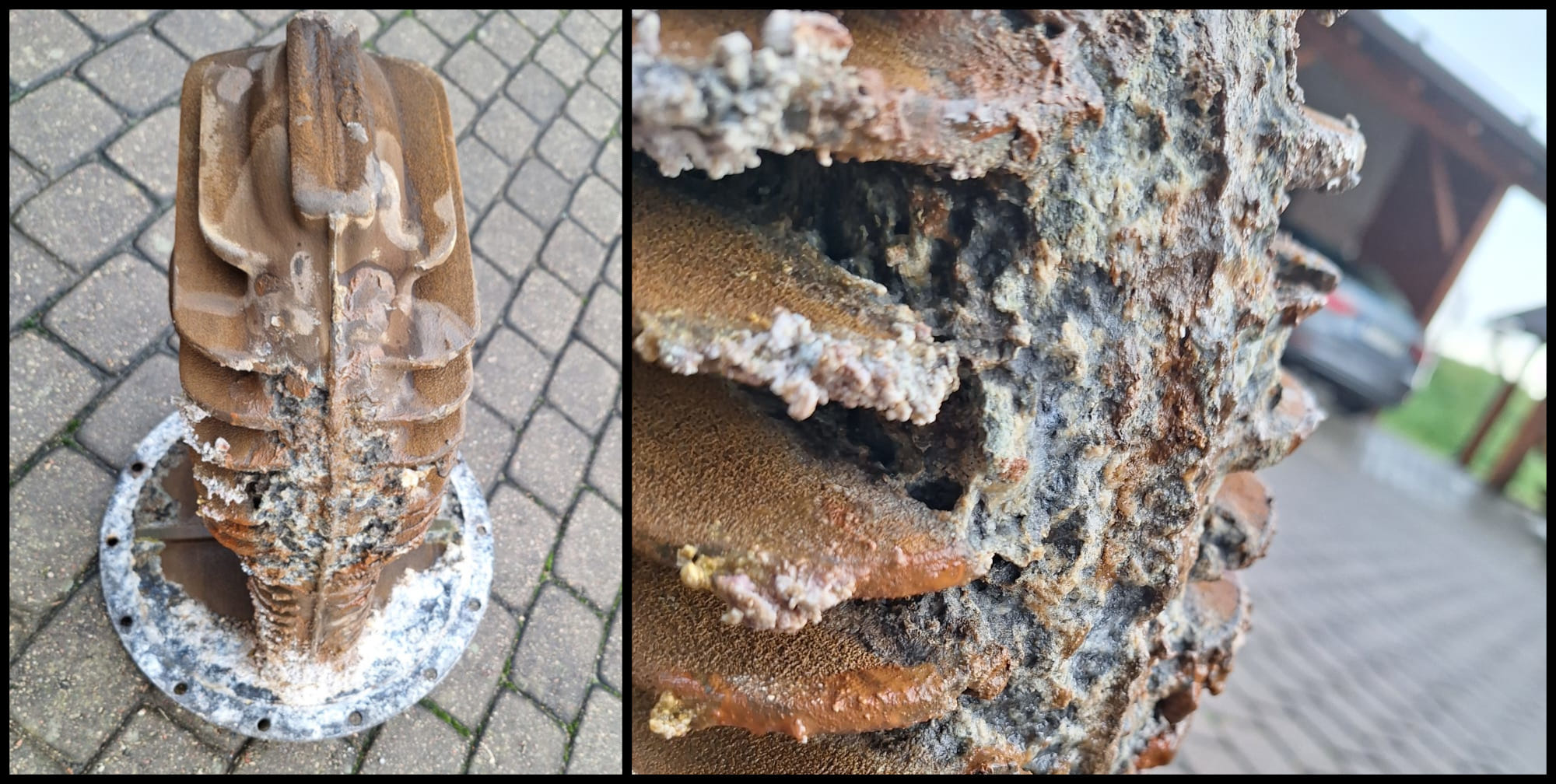12.11.2024
Why is the use of demineralised water in heating important?

When installing a heating system, one of the most important things to pay attention to is the choice of heat transfer medium. This is used to transfer heat from the boiler to the space to be heated, and it is important to ensure that the highest quality fluid is used for this process.
When selecting a heating medium for a heating system, there are two options available: a dedicated propylene glycol or ethylene glycol based heat transfer fluid, or demineralised water. Although a dedicated heat carrier can be used in a closed heating system, its cost and characteristics rarely justify this (this type of heat carrier is more appropriate for systems where its ability to operate at low temperatures is important - solar collectors and ground-to-water heat pumps). For this reason, the most popular, budget-friendly and also sensible way to provide heating is with demineralised water.
Demineralised water can be bought pre-prepared or you can prepare it yourself using a demineralisation unit that uses a special ionising resin.
The use of demineralised water is necessary to achieve the following effects in the heating system:
- Prevention of boiler scale, resulting in the long-term efficiency of the heating system and prolonging its service life - the accumulation of solid particles and salts (e.g. potassium, boron, calcium, magnesium, iron and aluminium) is prevented both in the heating system units and in the heat transfer systems;
- Corrosion (e.g. pitting or acid corrosion) is consequently prevented completely or at least in the long term;
- pH stabilisation is carried out, ensuring that the water used is neither too acidic nor too basic.
In the pictures below, you can see an example of what can happen to heating system elements when hard, mineral-rich water is used in a heating system - not only does the element become coated with scale and corrode over time, but the quality of the metal has degraded to the point where holes have appeared in the thick cast-iron burner.
